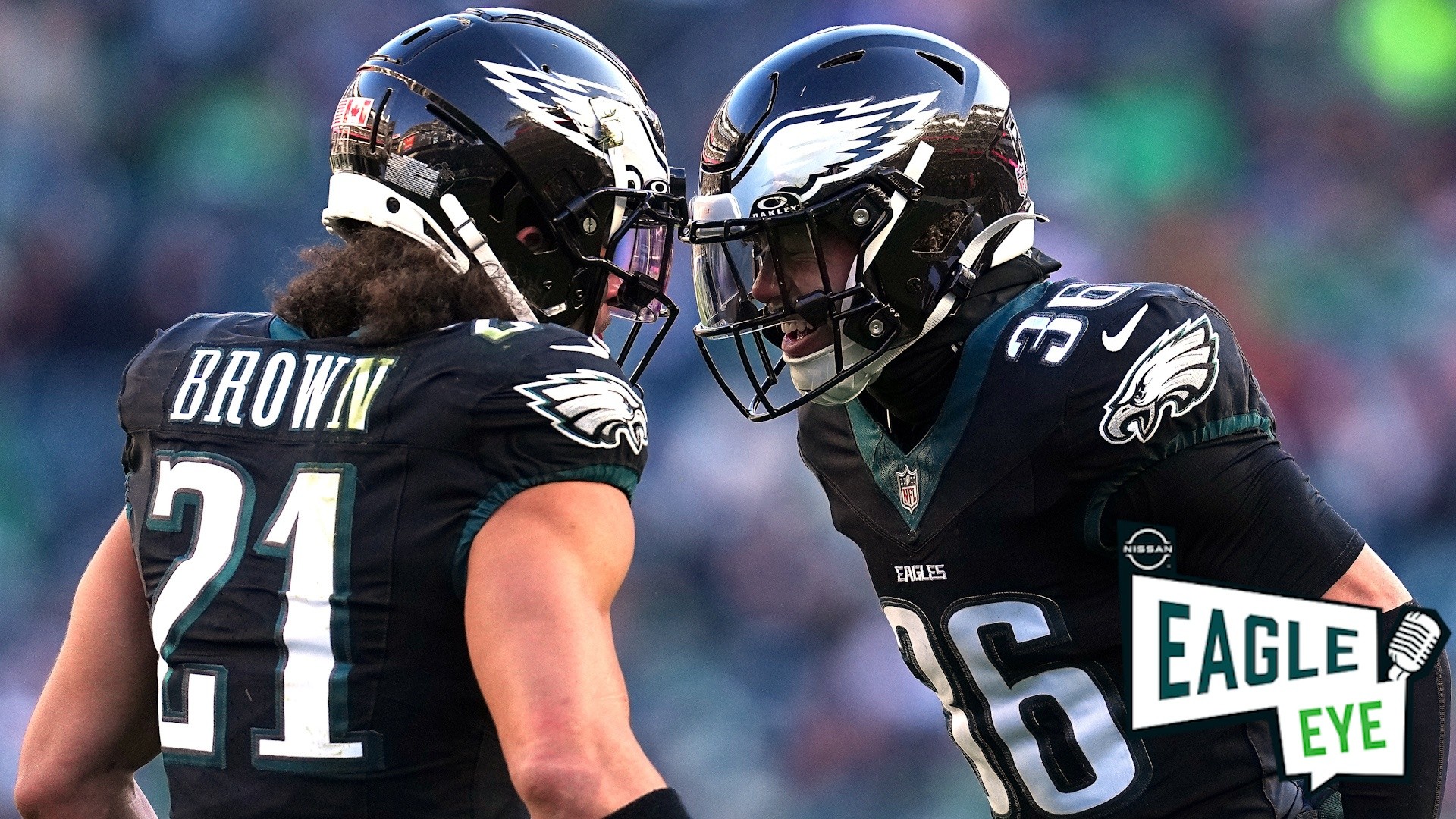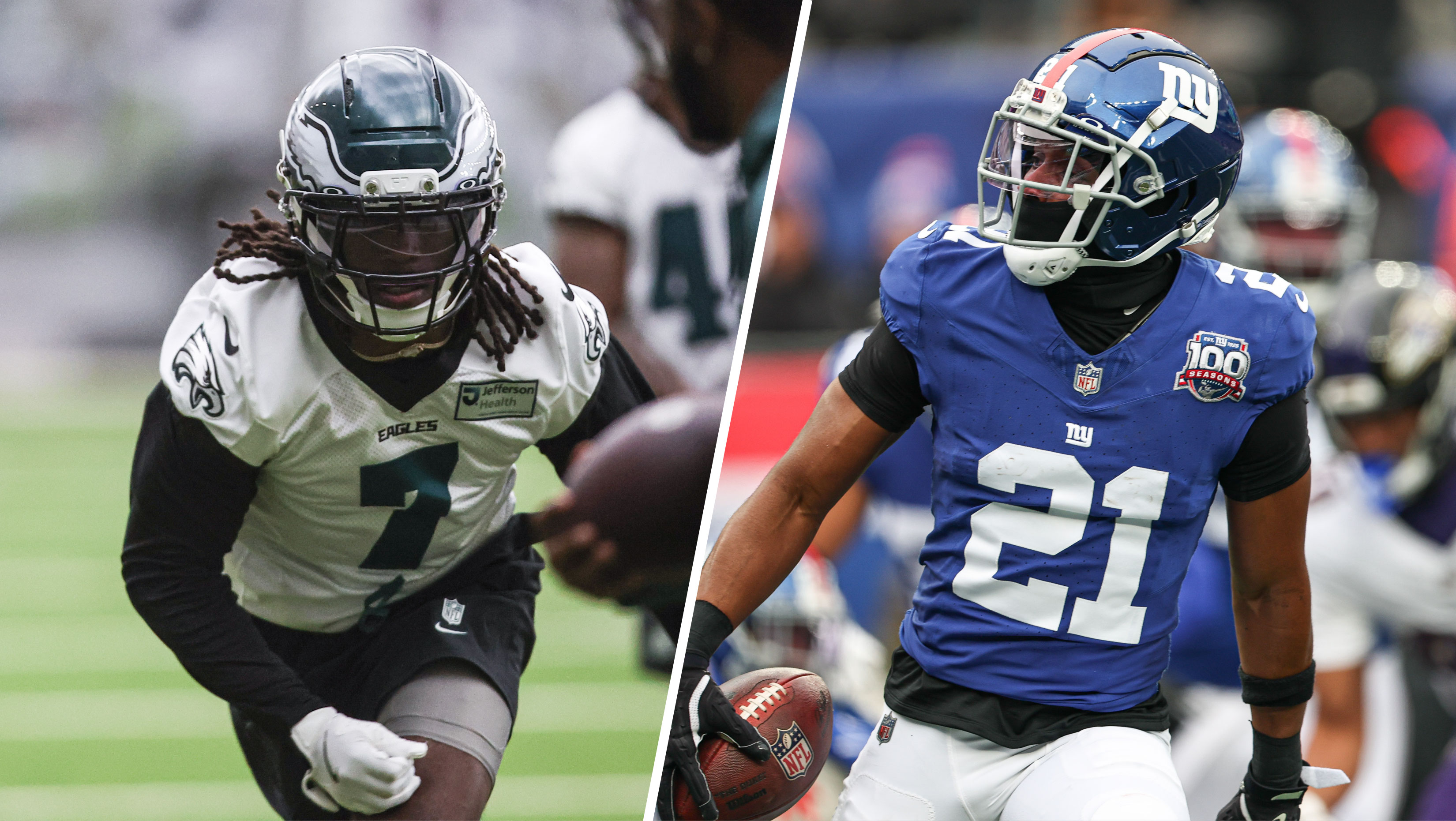Doug Pederson on Friday morning said he was “disappointed” in Kamu Grugier-Hill’s decision to lie about concussion symptoms to stay in the game against Miami two weeks ago.
Grugier-Hill, 25, admitted on Thursday that he lied to medical personnel after he suffered a concussion on the first play from scrimmage on Dec. 1. He told them he hurt his shoulder and continued to play.
“We know how important head and neck injuries are to our league and to just the person, the player himself, the well-being of the player,” Pederson said. “And so from that standpoint, to have this come back like this and for him to admit what he has said and done is very disappointing for me as a head coach.
“After putting our players through meetings and instructing our player. And it’s not a reflection on the team or anything like that. It’s just one guy who made a bad decision, bad choice.”
Pederson said the team meets with players going back to training camp to encourage them to report any suspected head injury and also encourages players to report if they suspect one of their teammates has a head injury.
Grugier-Hill isn’t the first player to lie about a concussion and he won’t be the last, but the league in recent years has put more of an emphasis on preventing and detecting these injuries. It makes it tougher when players aren’t honest with medical staffs.
And it’s just dangerous.
NFL
“I take football aside,” Pederson said. “I say, ‘hey, this is a well-being issue.’ Had he maybe got hit again in that game, who knows what could have happened.”
Pederson didn’t rule out disciplinary action against Grugier-Hill, saying he will meet with general manager Howie Roesman before any decision, but it didn’t sound like he’ll act.
“Well,” he said, “I think what’s happened has happened.”
Pederson, as a former player, probably has a slightly different perspective on this issue. At times, Pederson has talked about — and praised — players for playing through injuries, but concussions are obviously different.
And a lot has changed since Pederson played in the 1990s and early 2000s.
“Maybe then maybe you could,” Pederson said. “But now, there’s too many things in place, too many protocols, too many standards that we, as coaches and as players, were trying to protect our game and the well being of every player.
“In a sense, it’s a little bit of a selfish act to take it upon yourself and make that decision when he could have gotten checked out right away.”
More on the Eagles


